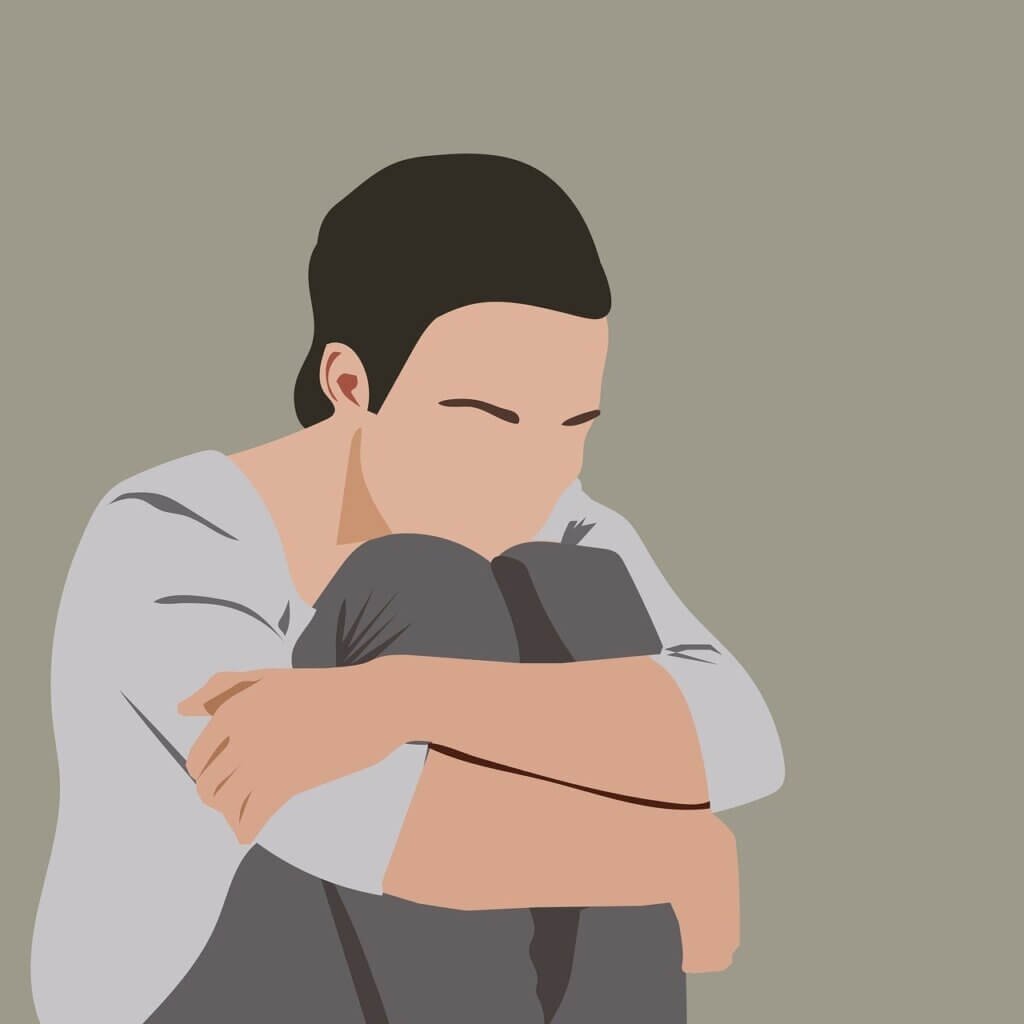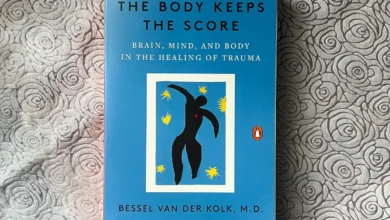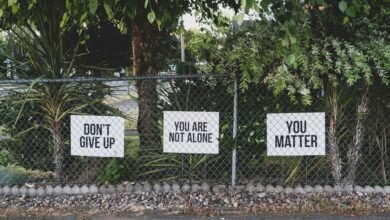
The Profound Impact of Trauma: A Deep Review of "The Body Keeps the Score" by Bessel van der Kolk, M.D.

Table of Contents
Introduction
“The Body Keeps the Score: Brain, Mind, and Body in the Healing of Trauma,” authored by Bessel van der Kolk, M.D., is one of those really seminal books concerning trauma and mental health. This book is an in-depth look into how trauma affects the body and mind and shares, simultaneously, insights into different methods of treatment. This paper will give an in-depth review of the main themes in the book, its scientific basis, and the practical applications that it gives for trauma recovery.
Trauma Understanding
Van der Kolk is a psychiatrist of some note and experience in trauma, and he begins his book by defining trauma as any experience that simply overwhelms one’s ability to cope. Trauma, he explains, can be the result of sources such as childhood abuse, war, accidents, natural disasters. The major point of the book, in this regard, is that trauma is not just a psychological phenomenon but one which also has deep physiological implications.
The Neuroscience of Trauma
It also excellently explains the neuroscience of trauma. Van der Kolk describes how traumatic experience can change the functioning and structure of the brain. He explained the role of the amygdala, hippocampus, and prefrontal cortex in the processing and storing of traumatic memories. This part of the book is very well documented with research references, but it is also made readily available to professionals or lay readers alike.
The Body Remembers
Another major theme presented by “The Body Keeps the Score” is that the body keeps memories of the events that traumatize a person. Trauma may also lodge in the body and be manifested in it, according to Van der Kolk, through chronic pain, digestive problems, and autoimmune disorders. He talks about the process of “somatic memory,” wherein the body retains unprocessed trauma, which presents as physical and emotional distress.
Treatment Methods
Van der Kolk has gone to the extent of exploring various treatment modalities against trauma, majoring on a holistic approach to it. He discusses the conventional methods of talk therapy and medication but brings out other alternative therapies. Such methods include:
EMDR: This involves guided eye movements to help in the processing and assimilation of traumatic memories.
Yoga and Body Awareness: Van der Kolk suggests that practices which reconnect a person to his or her body are very important in physical and emotional healing. Neurofeedback is a technique, using real-time monitoring of the brain to help people regulate their nervous systems. Theater and Art Therapy: Such creative expressions will allow non-verbal ways of processing trauma. Case Studies and Personal Stories:
He further illustrates the success of these treatments with a number of case studies and personal stories. These stories offer real-life examples of people who have healed from trauma using the very techniques discussed in this book. This approach throws in a human dimension into the scientific discussion, making the book informative but at the same time engaging.
Critique and Limitations
Though numerous kudos have been showered on “The Body Keeps the Score,” it is not immune to criticism. Some pages were weighty, delving into real scientific detail that bogged down readers, and others found it very technical for their taste. Others said that the material was off-putting due to the heavy attention given to alternative therapies when these were quite irrelevant to some. However, van der Kolk’s material is so well-researched and written with compassion to make this book a contribution to anyone in the view of trauma or mental health.
Conclusion
“The Body Keeps the Score” is a breakthrough book that offers the full immersion of understanding trauma and its effects on how the brain, mind, and body function. It is a book that will both inform and inspire hope among trauma survivors with the expertise in the field of Bessel van der Kolk, who has a compassionate approach toward healing trauma survivors. This will be invaluable in guiding a professional working in mental health or anyone seeking to understand their own experience on the journey to recover from trauma.
Read this article for more insights https://innerpeacejournal.com/effect-of-community-and-mental-health-on-an-individuals-well-being/





One Comment